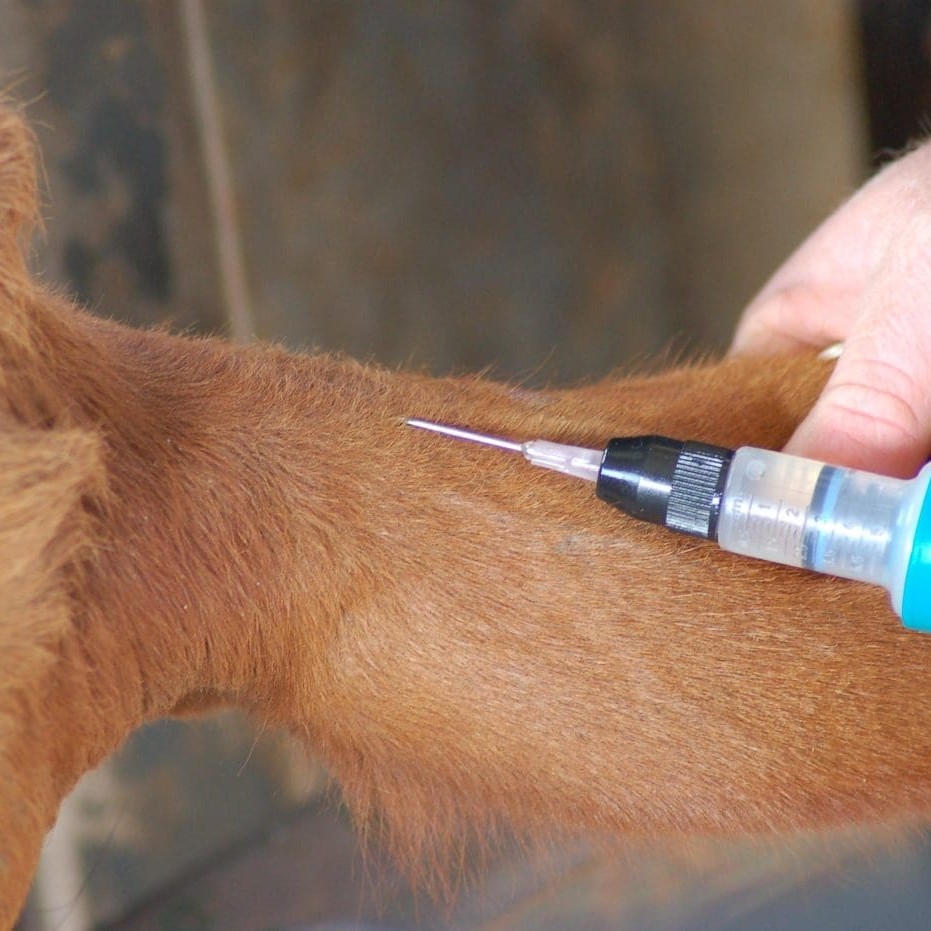 New agricultural and veterinary chemicals legislation passed in the Senate yesterday will cost the farm sector up to $8 million a year in additional and unnecessary red tape, stakeholders say.
New agricultural and veterinary chemicals legislation passed in the Senate yesterday will cost the farm sector up to $8 million a year in additional and unnecessary red tape, stakeholders say.
Chief executive of the Animal Health Alliance, Dr Peter Holdsworth, said the Agricultural and Veterinary Chemicals Legislation Amendment Bill 2013 will add 287 pages of new legislation for the Australian Pesticides and Veterinary Medicines Authority to administer.
“It is estimated that this will increase costs to the industry by up to a third,” Dr Holdsworth said.
“This would be on top of the $24 million a year that the APVMA already collects from the industry.”
Of serious concern was the mandatory product re-registration process that will now be required every 10 years.
“In a lot of cases this will result in manufacturers not being prepared to re-register veterinary or animal health products that only sell in low volumes to niche markets or at certain times, simply because it's commercially unviable to do so.
“Farmers rely on these safe and effective products to protect animal health and welfare. The outcome of this Bill will mean fewer, more expensive products for farmers,” Dr Holdsworth said.
“By protecting animal health, farmers also protect public health by preventing the spread of zoonotic diseases, which can transmit from animals to humans.”
The Bill has also attracted criticism because it does not allow the APVMA to use overseas research or outside experts to assess a product's credibility or risk.
The results of a major global survey* show that Australia’s regulatory environment already poses a significant obstacle to successful innovation.
“The problem is that our regulatory system has become so slow and expensive that new products are not being registered in the Australian market, and home grown R&D is on the decline,” Dr Holdsworth said.
“More red tape means even more restrictions on investment in research and development and bringing new products to market. This undermines the sustainability of the agriculture sector and its ability to innovate.”
“At a time when Australia is looking to be a major player in increasing global agricultural production by 70 percent to meet the challenge of feeding a global population of nine billion people in 2050, we need legislation that supports innovation and scientific progress,” he said.
The Bill will take effect from 1 July 2014.
- * The International Federation of Animal Health (IFAH) commissioned UK based bioscience innovation consultancy, BioBridge Ltd, to undertake the Global Benchmarking Survey. To download a copy of the final report, click here.
